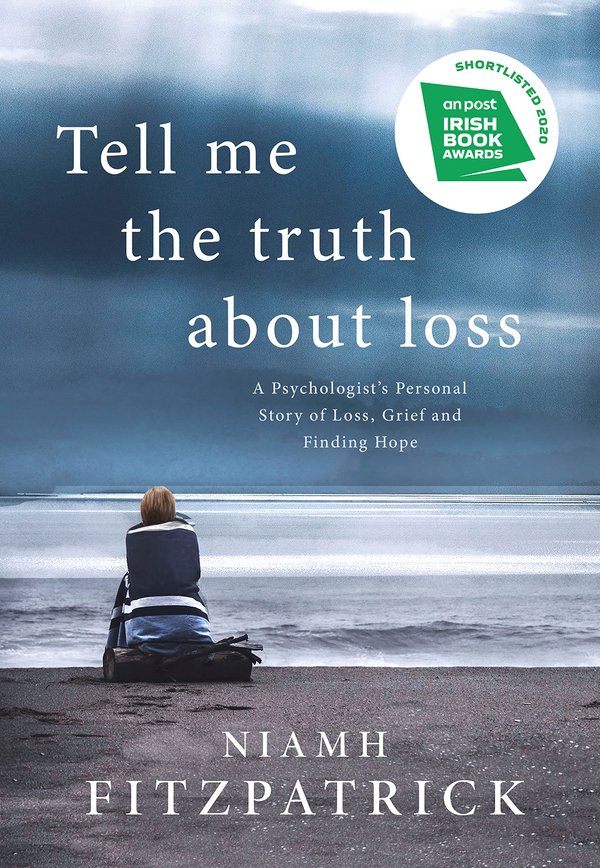Three books i recommend to learn about grief
Although grief can be lonely and confusing, it is one of the most universal human experiences.
reading about other people's experiences of grief and loss can be comforting and can help you to understand you are not alone.
If you’re not grieving, but you want to support someone who is, reading about grief can help you to understand some of what they may be experiencing.
As a psychotherapist with an interest in working with grief and loss, I read a lot about grief. Much of what I read is aimed at therapists, helping me to understand how I can best help bereaved clients.
However, there are some books that I’ve found can be helpful for clients who want to understand more about grief. I also frequently recommend these books to people who want to understand what grief is like in order to better support somebody else.
(One quick note, it’s very normal to find reading difficult while grieving. If you are having trouble concentrating, you might like to try the audiobook version.)
The Grieving Brain
The Grieving Brain by Mary-Frances O’Connor, grief expert and neuroscientist, is by far the book I recommend most frequently to clients who want to understand the effects of grief. Her book explains the science behind what is happening in our brain when we grieve, the way our brain reacts to love and attachment and how it comes to terms with loss when someone we love dies.
So much of what doesn’t make sense about grief begins to make sense when you read this book. For example, the idea of grief as a learning curve for your brain - we know that the person has died, but our attachment neurobiology believes that the person is still there.
This book can be really helpful in understanding what is normal in grief.
The Year of Magical Thinking
The Year of Magical Thinking by Joan Didion is a classic memoir about grief and loss. It is an account of the year after the sudden death of Didion’s husband John Gregory Dunne. Although Didion reports on many aspects of the grief experience, it is the ‘magical thinking’ in the books title that stands out the most.
‘Magical thinking’ can show up in a lot of ways in grief - including believing that if we had behaved differently they wouldn’t have died or that there might be some way to undo the loss.
For people who have lost a partner, this book can be particularly meaningful as it explains the specific pain of losing someone so much part of your day to day life.
Tell me the truth about loss
Tell Me the Truth About Loss by Niamh Fitzpatrick is a very raw and emotional book by psychologist Niamh Fitzpatrick, whose sister Dara died in a helicopter crash. Shortly afterwards, Niamh’s marriage ended after years of fertility issues. This is a book about cumulative losses and how Niamh managed to cope and eventually thrive in the face of such staggering loss.
This book is such an honest account of the pain of sibling loss, divorce and infertility and also gives an insight into grief and loss in the Irish context specifically.
For people who are struggling to see how they can find continue while experiencing multiple losses, this book can be a source of hope and strength.
I hope that at least one of these books may be useful for you in understanding your own or someone else’s grief. Although everyone’s experience of grief is different, we can also often find comfort in commonalities with other experiences.
When it feels as though those around us just don’t understand what we’re experiencing, reading can be a powerful source of support and understanding.
If you have any other recommendations for books about grief, please do send them to me in an email!
If you feel as though therapy might be another useful source of support for you, you can call me on 089 240 5449 or email me at jennydunnetherapy@gmail.com. I offer a free 15 minute consultation call, where we can discuss whether we might be able to work together in a way you are comfortable with.


